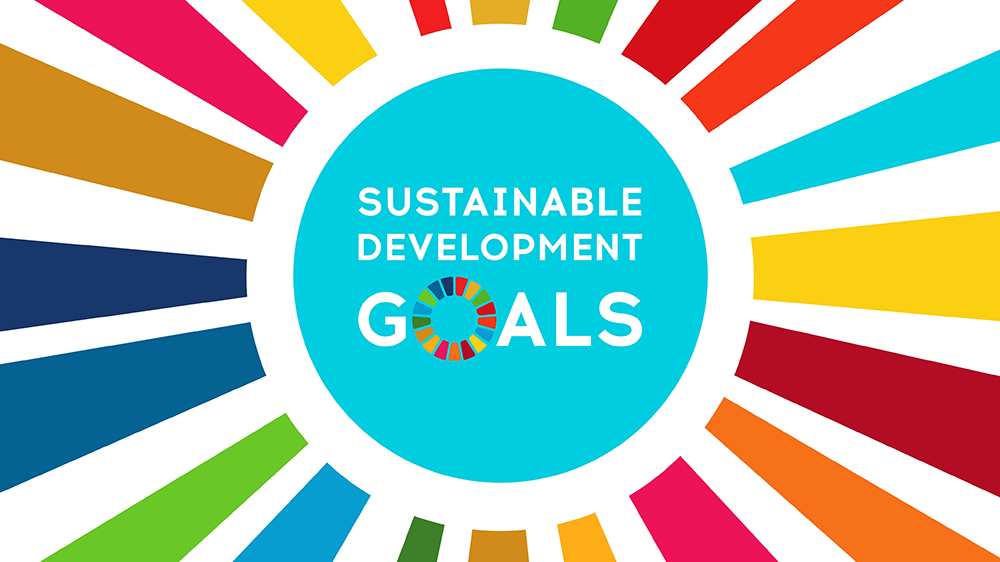This autumn, the Faculty launched a strategic initiative towards research projects relevant to sustainable development. With the support of Department Heads and the Faculty Board, half of the Faculty's vacant research positions (KD positions) were allocated to this initiative. This amounted to 23 positions for PhD and postdoctoral positions.
Each research project could apply from one to four PhD and postdoctoral positions, and the Faculty of Mathematics and Natural Sciences wanted a relatively even distribution of larger and smaller projects. In addition, the Faculty decided to contribute operating funds of up to 150 KNOK per position per year to experimental and/or field-based research projects. There were no guidelines on which sustainable development goals the applications had to be related to other than that they had to be a natural part of the Faculty's activities.
11 research projects awarded KD positions
By the application deadline of 20 November 2021, the Faculty had received 75 applications for a total of 132 positions. 11 of these research projects have been selected to receive support from 2022. The main criteria for the selection have been scientific quality, both on the project and the project applicant. The Faculty also wanted to fund research projects that are truly relevant to sustainable development in the sense that, if they succeed, they will produce knowledge that will be important contributions to the sustainable development of the society of the future. In addition, the Faculty of Mathematics and Natural Sciences wanted to contribute to supporting projects that arise to be a promising start to larger coordinated collaborative projects, often led by younger researchers.
These research projects will be granted KD positions for sustainable development projects in 2022:
- Anthropogenic effects on forest biodiversity and ecosystem processes. Håvard Kauserud et al. (IBV / NHM)
- BEE-DIVERSE: Averting an Insect Apocalypse by integrating functional eclogy with genome-wide biodiversity estimates. Baastian Star et al. (IBV / NINA)
- CO2Basalt: Flow and mineral sequestration of carbon dioxide in basalts offshore Norway. Francois Renard et al. (Njord / Geo / FI)
- Coastal Ecosystem Dynamics under anthropogenic pressures. Alexander Eiler et al. (IBV / Met / IFI)
- Computational modeling and machine learning for hydropower applications. Kent-Andre Mardal et al. (MI / NTNU / Shyft / Statkraft)
- Climate barometer for the Oslo Fjord. Einar Broch Johnsen et al. (IFI / MI)
- Critical thinking and sustainable development in teaching. Eldri Scheie et al. (NFS / Oxford)
- Regulation of lipid droplet dynamics - a new approach in the fight against Alzheimer's disease. Cecilie Morland et al. (FAI / MED)
- Understanding climate transitions and limits to sustainability in the Arctic (ACT-Pilot). Trude Storelvmo et al. (Geo).
- Photo-, electro-, and thermocatalytic conversion of CO2 into building blocks for sustainable chemicals (PET CAT). Stian Svelle et al. (SMN / KI)
- Sustainable renewable energy systems and climatic (TIRELESS). Marianne Zeyringer et al. (ITS / MI / Geo)
– The research projects we have selected are excellent projects and we are excited about what results they will arrive at, says Vice Dean for Research Bjørn Jamtveit. We received many high quality applications. The list includes finalists of Norwegian Centres of Excellence (SFF), European Research Council (ERC) and Interdisciplinary Researcher Project (Fellesløftet), as well as applicants with top grades on their Ground-breaking Research (FRIPRO) applications, he continues.
New possibilities autumn 2022
– The sustainable development initiative will be followed up with a new allocation of KD positions in the autumn of 2022, and we in the Faculty Management reckon that several of this year’s applications who almost made it to the top this time will have good chances to receive grants next year, says Jamtveit.
Through this process, the Faculty has gained an overview of relevant research to sustainable development at the Faculty of Mathematics and Natural Sciences and has also identified several very promising research projects that there were no resources to support in this round.
In addition, the Faculty is planning to organize a sustainable development seminar during the spring semester 2022. This will be an arena where both those who have received and those who have not received KD positions can meet to discuss relevant research topics and strategies, including the Faculty's role in the University of Oslo's comprehensive climate and environmental strategy and the plans around Oslo Science City.
